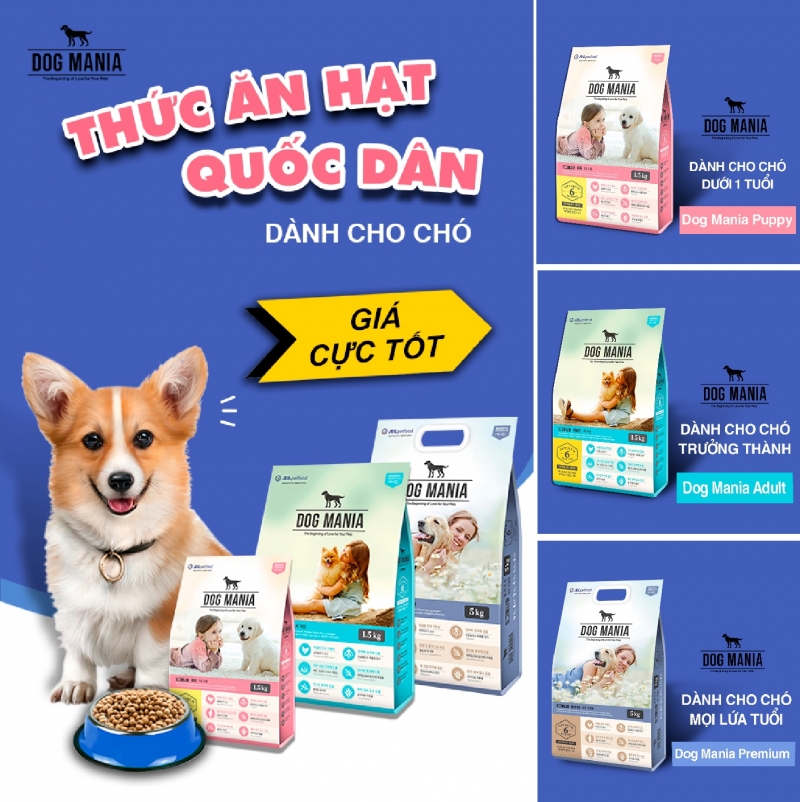Characteristics of Poodle dogs
Poodles are a breed of dog known for their medium size and curly fur. Their size is determined by their height, and there are various types of Poodles such as Standard, Mini, Tiny, Toy, and Teacup. The color of a Poodle’s coat typically complements their skin tone, with common colors including brown, café au lait, red-brown, white, and black.
Poodles are famed for their intelligence, positivity, and affectionate nature. Their fur sheds very little but requires regular grooming. Many families with small children opt for Poodles as pets, wanting their children to learn compassion for animals. Poodles are easily trainable due to their cheerful and friendly demeanor. However, they are also sensitive animals, prone to startle easily and sometimes exhibiting “wet blanket” behavior.
When Poodles don’t receive adequate exercise or attention from their owners, they can become quite finicky and shy. They may exhibit negative behaviors such as chewing or destroying objects, growling, or excessive barking. It’s crucial for Poodle owners to provide them with the necessary mental and physical stimulation to keep them happy and well-behaved. In my view, Poodles are not just pets; they’re companions that thrive on love, attention, and mental engagement. Therefore, responsible ownership entails more than just feeding and housing them; it involves understanding their unique needs and fulfilling them to ensure a harmonious relationship.
What should Poodle dogs eat? Poodle dog food by age
Breeds of dogs from foreign climates often have weaker digestive systems compared to breeds accustomed to living in tropical environments. Poodles are no exception; their digestive systems aren’t particularly robust, and being a breed with abundant fur, owners need to be mindful when selecting their food.
Poodles can eat either wet food or kibble. Depending on their age, the suitable type of food varies:
For Poodles aged 1-2 months: Like other puppies, newborn Poodles need to nurse from their mother. Owners can supplement with powdered milk, finely ground porridge, soaked soft grains, and divide these into several small meals throughout the day. It’s ideal to feed the puppy 4-5 times a day, with each meal being small.
For Poodles aged 3-6 months: By 3 months old, puppies have stopped nursing and are familiar with solid foods that provide essential nutrients. At this stage, owners can choose between wet food or kibble.
For wet food: Starting from 3 months, boiled meat can be added to the dog’s diet. Avoid using salt and other additives as the puppy’s digestive system is still tender.
For kibble: When introducing kibble initially, soak it in water to soften it, allowing the Poodle to get used to small portions before gradually increasing the amount over a week once the dog is accustomed to the food. Feed the dog approximately 4-5 times a day.
For Poodles aged 6-12 months: At this stage, maintaining a diet of 2-3 meals a day with appropriate portions is suitable. Ensure to supplement with fiber, provide adequate hydration, and offer the dog a balanced exercise regime for development. Additionally, since Poodles have abundant fur, it’s essential to pay attention to skincare and maintain their soft, healthy coat.
Between 3-12 months, owners can choose Dog Mania Puppy (for 3-12 months old dogs) or Dog Mania Premium (for dogs of all ages) as the preferred kibble for Poodles. In my opinion, a balanced diet is crucial for the overall health and well-being of Poodles, as it directly impacts their energy levels, growth, and coat condition. Therefore, selecting the right food and maintaining a proper feeding schedule is essential for ensuring a healthy and happy Poodle companion.

During the early months of a dog’s life, their digestive system is relatively weak, necessitating the selection of food rich in essential nutrients such as protein, vitamins, minerals (Calcium, Phosphorus, Zinc, Omega 3&6), fiber, and fat.
Dog Mania Puppy & Dog Mania Premium products offer comprehensive nutrition for puppies aged 3-12 months:
- Zinc, Omega 3&6, and Fatty Acids promote healthy skin and a shiny coat.
- Natural chicken flavor enhances palatability.
- Calcium and phosphorus contribute to sturdy bone and joint health.
- Abundant protein fosters robust muscle development.
- Probiotic extracts aid in maintaining a healthy gut.
- Bee propolis extract boosts the immune system.
- Thyme extract aids in anti-aging.
- Yucca extract supports digestion and reduces fecal odor.
For Poodles over 12 months old (adult dogs), meals can vary from 1-2 times a day depending on the dog’s needs and the owner’s schedule. Similar to the diet for Poodles aged 6-12 months, it’s crucial to ensure adequate hydration, fiber, vitamins, minerals, and maintain an appropriate exercise routine to keep the dog healthy, agile, and prevent common illnesses.
Suitable kibble for adult Poodles over 1 year old that owners should consider includes Dog Mania Adult and Dog Mania Premium. At this age, emphasis should be placed on vitamins and minerals to care for the skin, maintain a shiny coat, and mitigate skin conditions. Kibble varieties with antioxidant extracts, immune system boosters, and support for healthy digestion are priorities to ensure the dog remains lively and joyful. In my view, proper nutrition is the cornerstone of a dog’s health and longevity. By selecting high-quality food tailored to their age and needs, owners can contribute significantly to their pet’s well-being and overall quality of life.
Please follow additional articles on our website to learn more about caring for dogs and cats, as well as selecting suitable food to keep your pets healthy, energetic, and full of vitality.